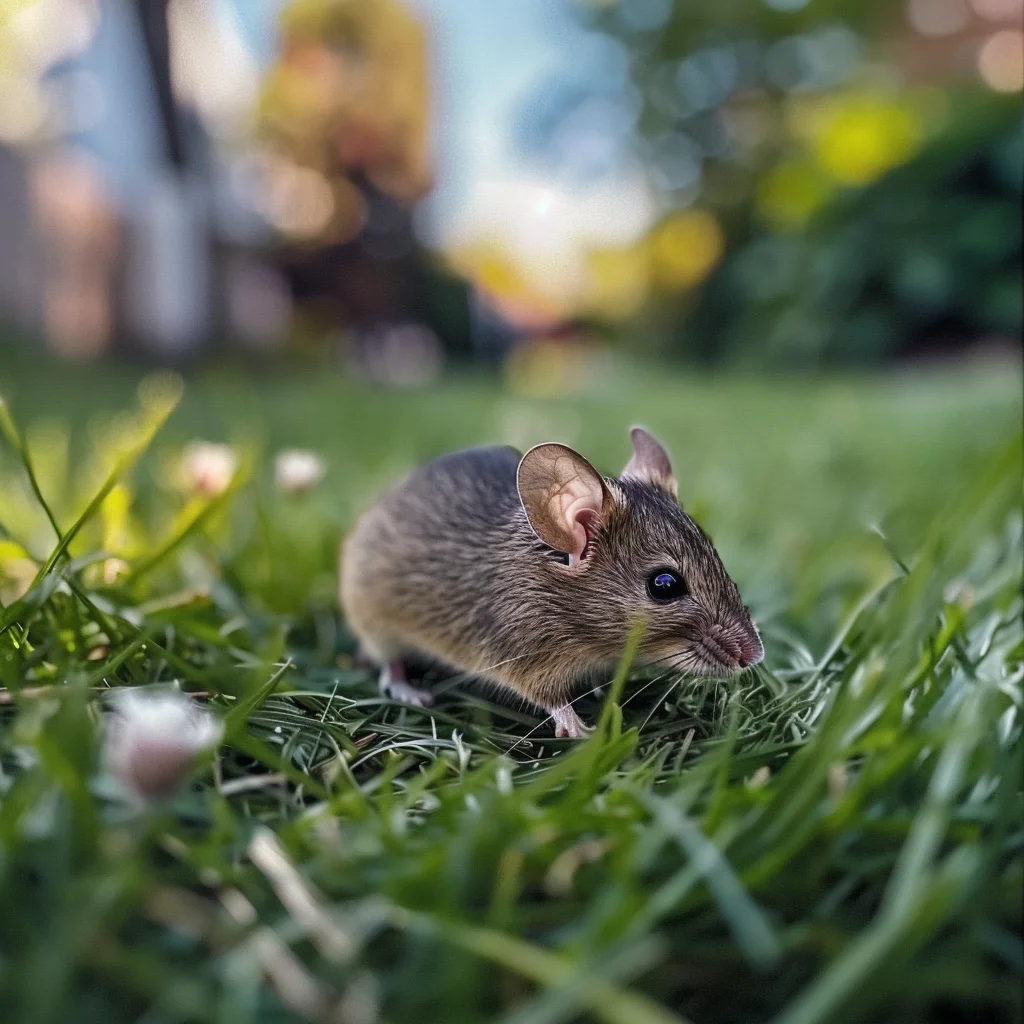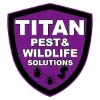In the Midwest, the ever-changing seasons dictate a continuous and dynamic approach to pest control.
Each season ushers in different pest challenges, requiring expert strategies to keep homes safe and comfortable year-round. Here’s a closer look at how professional exterminators manage these pests throughout the seasons.
At Titan Pest & Wildlife Solutions, our professional exterminators have the knowledge and tools to tackle these seasonal invaders. We provide comprehensive pest management strategies tailored to the specific needs of the Midwest, ensuring year-round protection and peace of mind for our clients.

Spring: Awakening of Pests
Common Pests: The spring warmth revives dormant creatures such as ants, spiders, and wasps.
Extermination Actions:
- Inspections: Professionals conduct comprehensive inspections to spot early signs of pest activity, which is crucial for preventing infestations.
- Identification: They identify potential breeding grounds and harborage areas.
- Preventive Treatments: Exterminators apply targeted treatments to emerging nests and colonies, cutting off problems before they grow.
As nature reawakens in the spring, so do pests. This season is critical for setting the stage for year-long pest control. Professionals focus heavily on prevention during this time, using their expertise to preemptively strike against pests that emerge with the warmer weather.
Summer: Peak Pest Activity
Common Pests: This season sees heightened activity from pests like mosquitoes, ticks, and fleas.
Integrated Pest Management (IPM) Strategies:
- Biological Control: Introducing natural predators to reduce pest populations.
- Habitat Manipulation: Modifying the environment to make it less appealing to pests.
- Chemical Treatments: Adulticides and larvicides are applied, mainly targeting mosquito populations.
Homeowner Education: Professionals also educate homeowners on maintaining yard hygiene and managing water sources to prevent pest breeding.
Summer is the busiest season for pests, prompting exterminators to deploy various strategies. Through IPM, professionals tackle the root causes of pest invasions, ensuring long-term solutions rather than temporary fixes.
Fall: Preparation for Overwintering
Common Pests: Rodents, box elder bugs, and lady beetles seek shelter from the colder temperatures.
Extermination Actions:
- Sealing Entry Points: Professionals seal cracks and crevices to prevent pests from entering homes.
- Repellents and Barriers: These are applied around potential entry points to deter pests.
- Bait Stations: Strategically placed to control rodent populations.
Fall is the time for preparation. Exterminators strengthen the home’s defenses against pests looking for winter refuge. Effective sealing and strategically using repellents are vital to keeping pests at bay.
Winter: Monitoring and Maintenance
Common Pests: Indoor pests like spiders, silverfish, and bed bugs become more noticeable.
Extermination Actions:
- Indoor Treatments: Targeted treatments are applied where pests are likely to hide.
- Regular Monitoring: Professionals monitor pest activity to ensure that any winter infestations are quickly addressed.
- Strategy Adjustment: Pest control strategies are refined based on the observed activity and effectiveness of previous treatments.
In the winter, the focus shifts indoors, where warmth attracts pests. Regular monitoring and maintenance are crucial during this season to manage indoor infestations and prepare for spring.
Seasonal pest management in the Midwest demands a proactive and knowledgeable approach from skilled professionals. By employing strategic treatments and preventative measures throughout the year, exterminators help homeowners maintain a comfortable and pest-free environment. If you’re battling persistent or seasonal pests, consulting a licensed exterminator can provide effective and sustainable solutions tailored to your needs. Effective pest control not only enhances your home’s safety but also contributes to the well-being of all its inhabitants.

